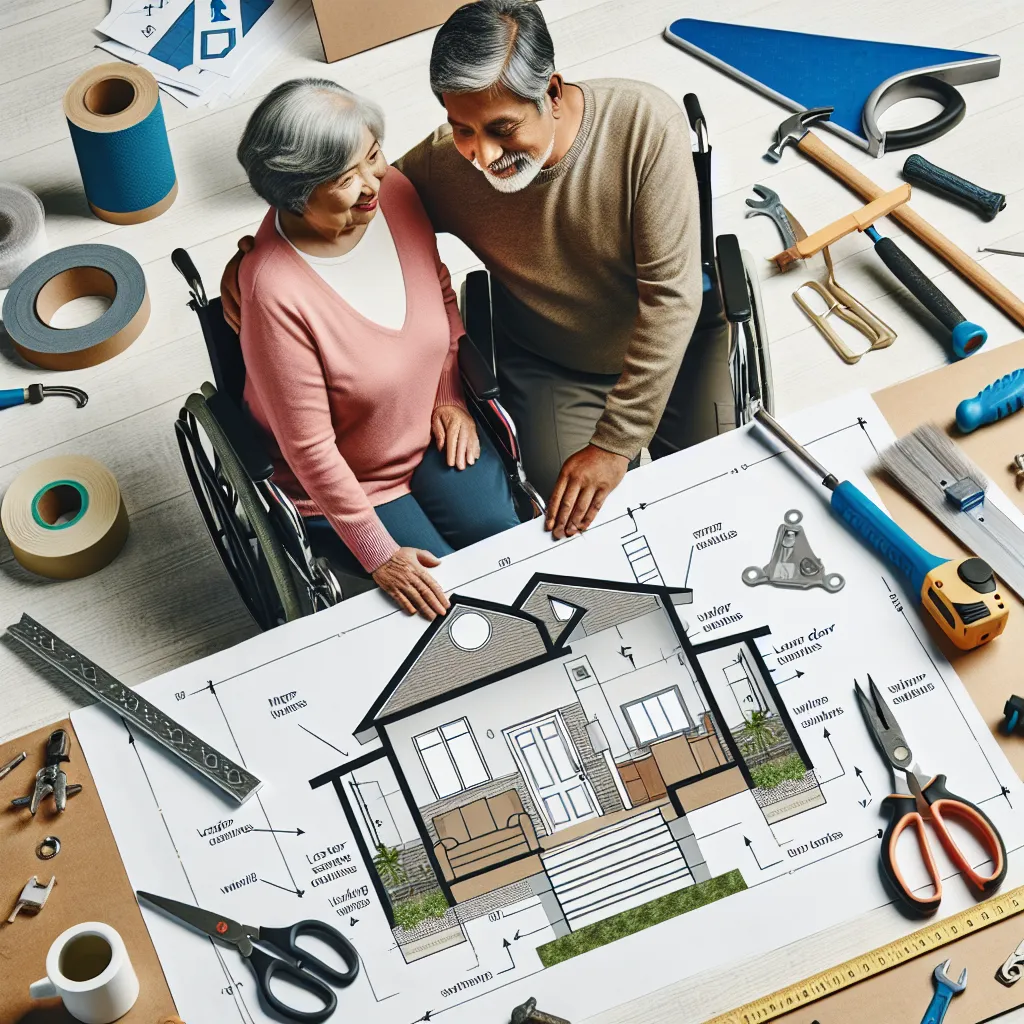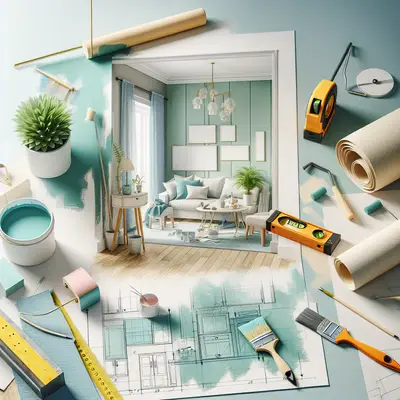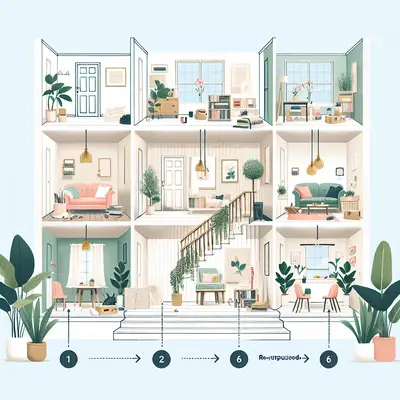Step 1: Assess Your Home
The first step in creating an age-friendly home is to assess your current living situation. This involves examining your home's layout, accessibility, and safety features. Take note of potential hazards such as stairs, slippery floors, high shelves, or poorly lit areas. Also, consider the ease of mobility within your home. For instance, are doorways wide enough for a wheelchair or walker?
Step 2: Plan Your Renovations
Once you've assessed your home, the next step is to plan your renovations. Prioritize changes that will have the most significant impact on your safety and comfort. This might mean installing grab bars in the bathroom, adding a ramp at the entrance, or lowering countertops in the kitchen. Remember, the goal is to make your home as accessible and comfortable as possible.
Step 3: Address Safety Concerns
Safety should always be a top priority when renovating for aging. This includes securing loose rugs, installing non-slip flooring, and improving lighting throughout the house. Consider installing a walk-in shower with a seat, adding handrails to both sides of stairs, and ensuring that smoke detectors are in working order.
Step 4: Incorporate Convenience Features
Convenience features can make daily tasks easier and more enjoyable. Think about installing lever-style door handles, which are easier to grip than round knobs. Pull-out shelves in kitchen cabinets can make it easier to reach items. Adjustable beds and chairs can make resting and getting up easier. Remember, the goal is to make your home convenient for your everyday needs.
Step 5: Seek Professional Help
While many home improvements can be done on your own, some tasks may require professional help. For example, installing a stairlift or widening doorways might necessitate hiring a contractor. Don't be afraid to seek professional help when needed. It's essential to ensure that all renovations are done safely and correctly.
Conclusion
Creating an age-friendly home can greatly enhance your quality of life as you grow older. By assessing your home, planning renovations, addressing safety concerns, incorporating convenience features, and seeking professional help when necessary, you can DIY your way to a comfortable and accessible home for your golden years. Remember, your home is your sanctuary, and it should adapt to your needs as you age.



